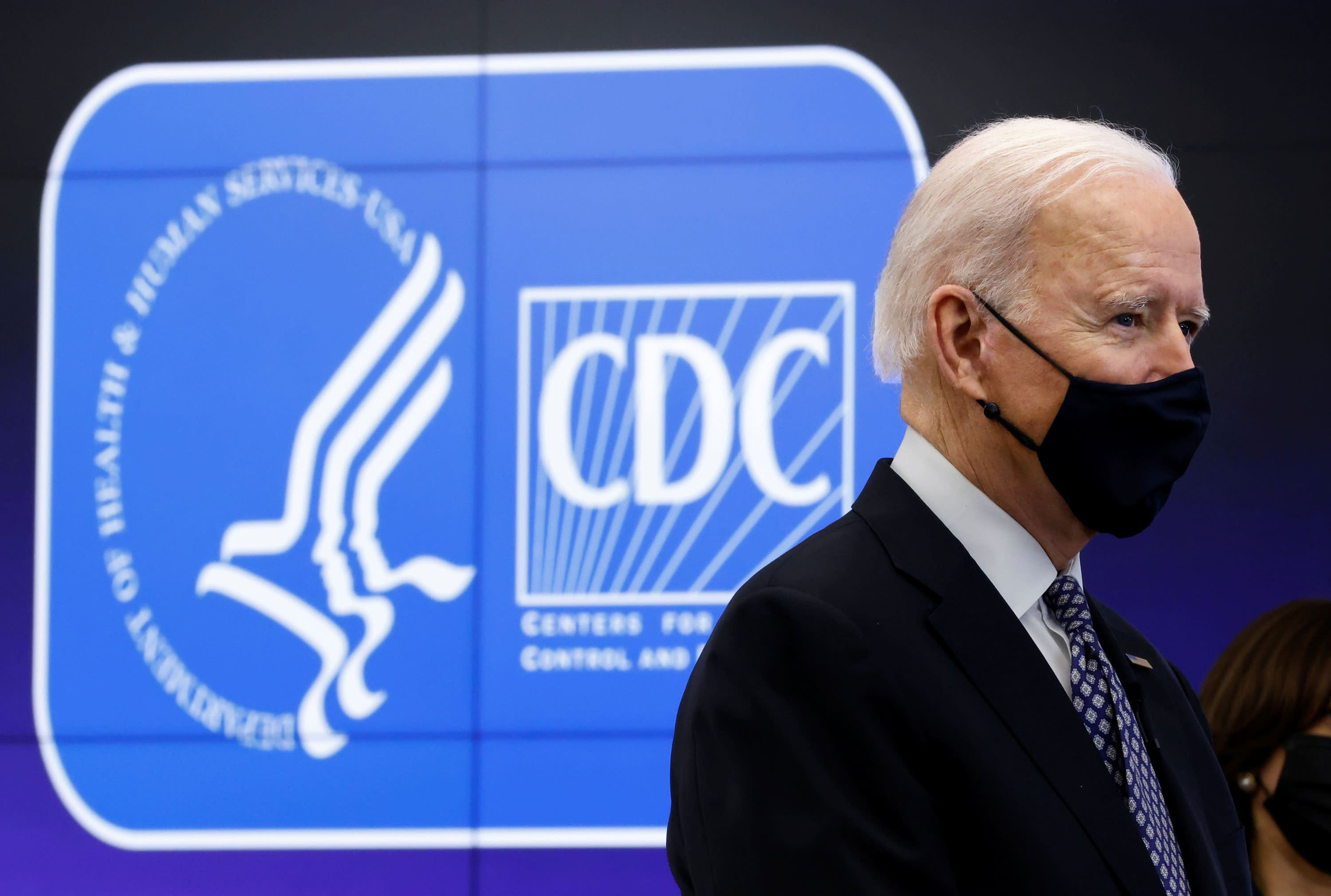
Renter advocacy groups have pressured the administration of President Joe Biden to extend the CDC eviction ban for at least another month.
Carlos Barria | Reuters
Who’s eligible?
To get the protection from eviction, you’ll need to attest on a declaration form that you meet a few requirements, such as that you earned less than $99,000 in 2020 or 2021.
You’ll need to have experienced a financial hardship during the coronavirus pandemic, such as high medical expenses or a reduction in hours at work.
Renters are also required to confirm that an eviction could lead to them becoming homeless or needing to double up with family or others, and that they’ve tried to apply for rental assistance.
This form should go to your landlord.
What if I’m already facing eviction?
Try speaking to your landlord, experts say.
“Tell them, ‘This is going to be pushed back another month,'” Pollock said.
If your landlord ignores the moratorium’s extension, get a lawyer as soon as possible. You can find low-cost or free legal help regarding an eviction in your state at Lawhelp.org.
Tenants now have a right to counsel in Washington, Maryland and Connecticut, as well as a number of cities, including New York, Philadelphia and Seattle.
What else can I do?
New York, for example, has extended its eviction ban until September.
Meanwhile, in Minnesota, lawmakers just struck a deal prohibiting the eviction of any renters who are in the process of applying for rental assistance. That protection will last for 12 months, until June 2022.
Tenants in Nevada also can’t be forced out if their rental assistance application is pending or if their landlord refuses to accept the aid.




